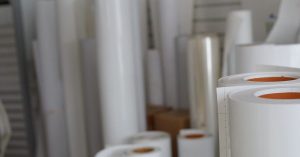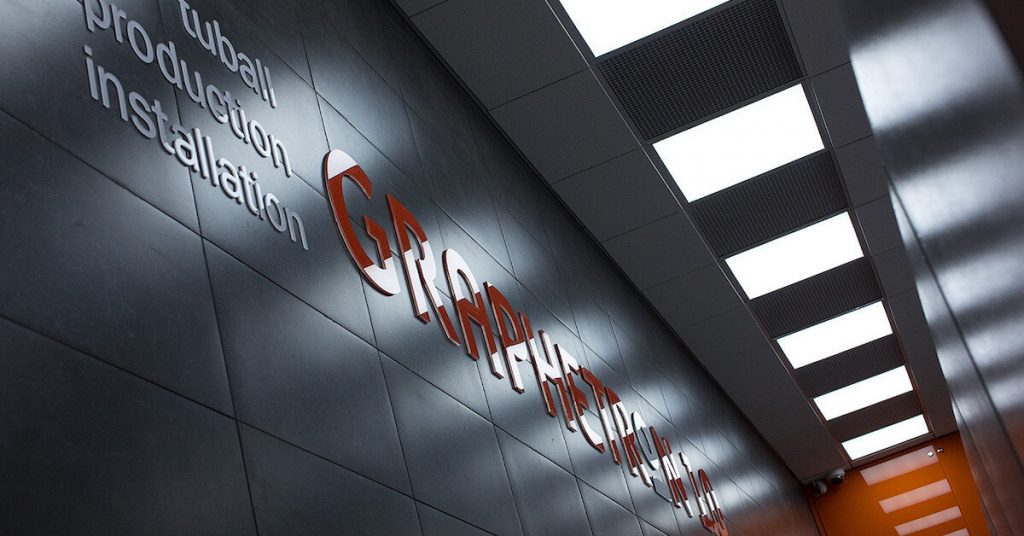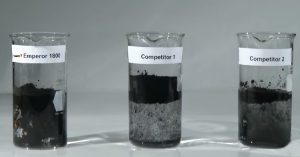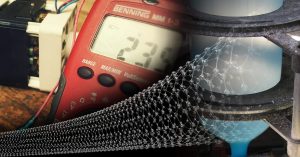
The Importance of Minimum Film Forming Temperature in Latex Film Production
Are you aware of Minimum Film Forming Temperature (MFFT) and its importance? It is indicated in Technical Data Sheet of products and it is very crucial. If you want to learn more about it, visit our blog.



